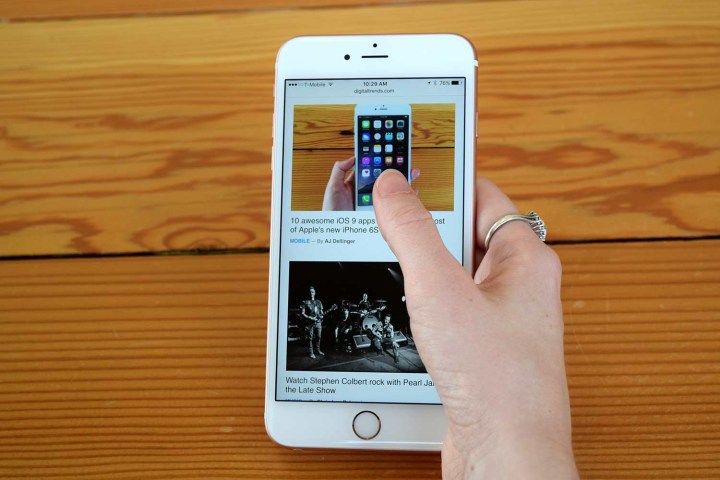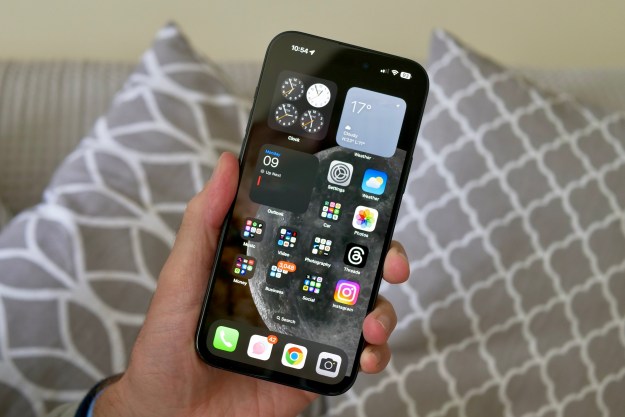
Users, however, are increasingly becoming aware of the value of their privacy, and so it’s become important for companies to be able to gather data, while still retaining the anonymity — and trust — of their user base.
Back at the launch of iOS 10, Apple revealed it was trialing a system of gathering user data known as “differential privacy”. This system, when done correctly, allows for a company to gather large amounts of user data, without identifying the specific user that sent the data in the first place.
Simply put, it’s a method that allows Apple to study the forest, without being able to see the trees. Another way of explaining it would be like viewing a city from high above; you can study the lay of the land and the way the city blocks are laid out, but you can’t see the individual people, or know who owns which property. For extra security, Apple has the encryption of the data occur at a local level — on the device it’s sent from, rather than being encrypted at Apple’s central servers.
Back in 2016, Apple was only using the method to gather data from the iOS 10 keyboard, Spotlight searches, and Notes. Now, after a successful trial on iOS 10, the company has expanded the remit to gather data from more of iOS, including from Safari. As before, the system is opt-in, so users will have to enable the setting themselves in their system preferences.
Why does Apple need this data, and what does it use it for? The data allows Apple to respond quickly to user trends and deliver a better experience on their platform wherever possible. For instance, data on emoji use in various languages, or information on the latest trends inspiring use of foreign language words such as “Despacito” can be used to optimize iOS Keyboard to show more relevant suggestions. Other results include identifying which websites require the most resources for Safari, and allow Apple to make changes to optimize around those sites.
If you’re technically minded, you can read all about this through Apple’s full paper on the subject. Otherwise, check out our guide on differential privacy.
Editors' Recommendations
- We finally know when Apple will announce its 2024 iPads
- An Apple insider just revealed how iOS 18’s AI features will work
- Here’s how Apple could change your iPhone forever
- This one thing could make iOS 18 the best iPhone update in years
- When will Apple release iOS 18? Here’s what we know




